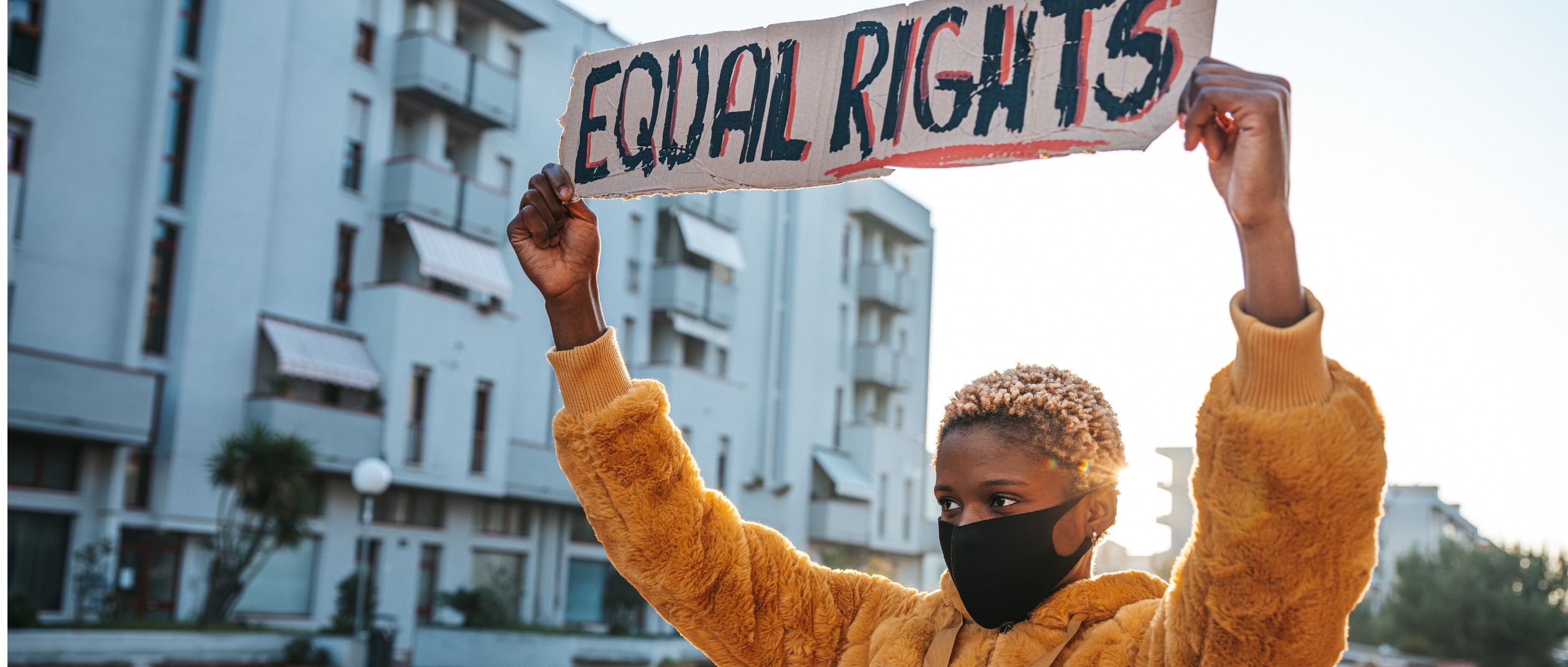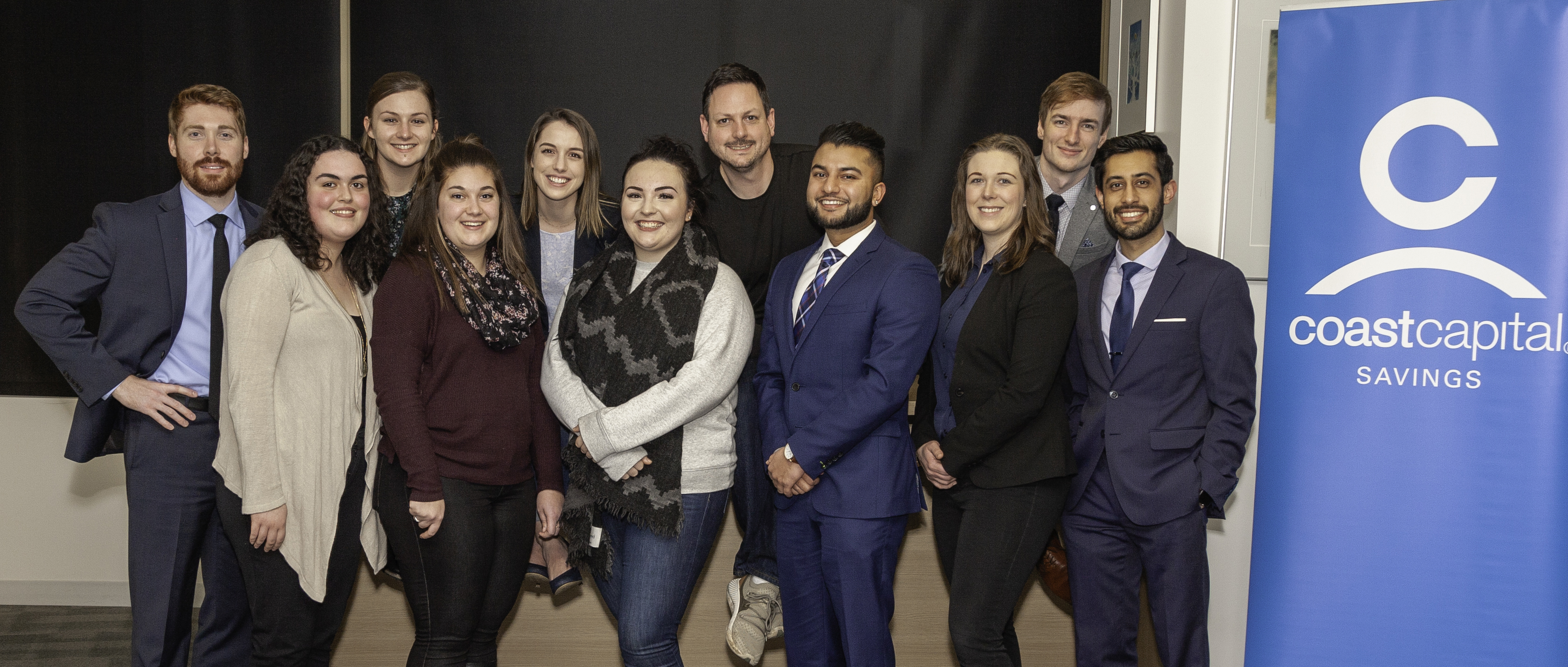As trauma, discrimination, and a history of colonization continue to have isolating and dangerous effects on racialized communities, we observe The International Day for the Elimination of Racial Discrimination.
Today we recognize our collective responsibility as we work to become an anti-racist organization by unlearning racism, eliminating all forms of discrimination, and promoting a future where racial justice and safety exist for everyone.
In honour of this day, we are sharing three Coast Capital employee perspectives that bring to light the responsibility we hold to unweave the often (in)visible societal norms that support the perpetuation of racism in our communities.
Can you tell us about yourself, and your earlier experiences of race and racism, personally or professionally?
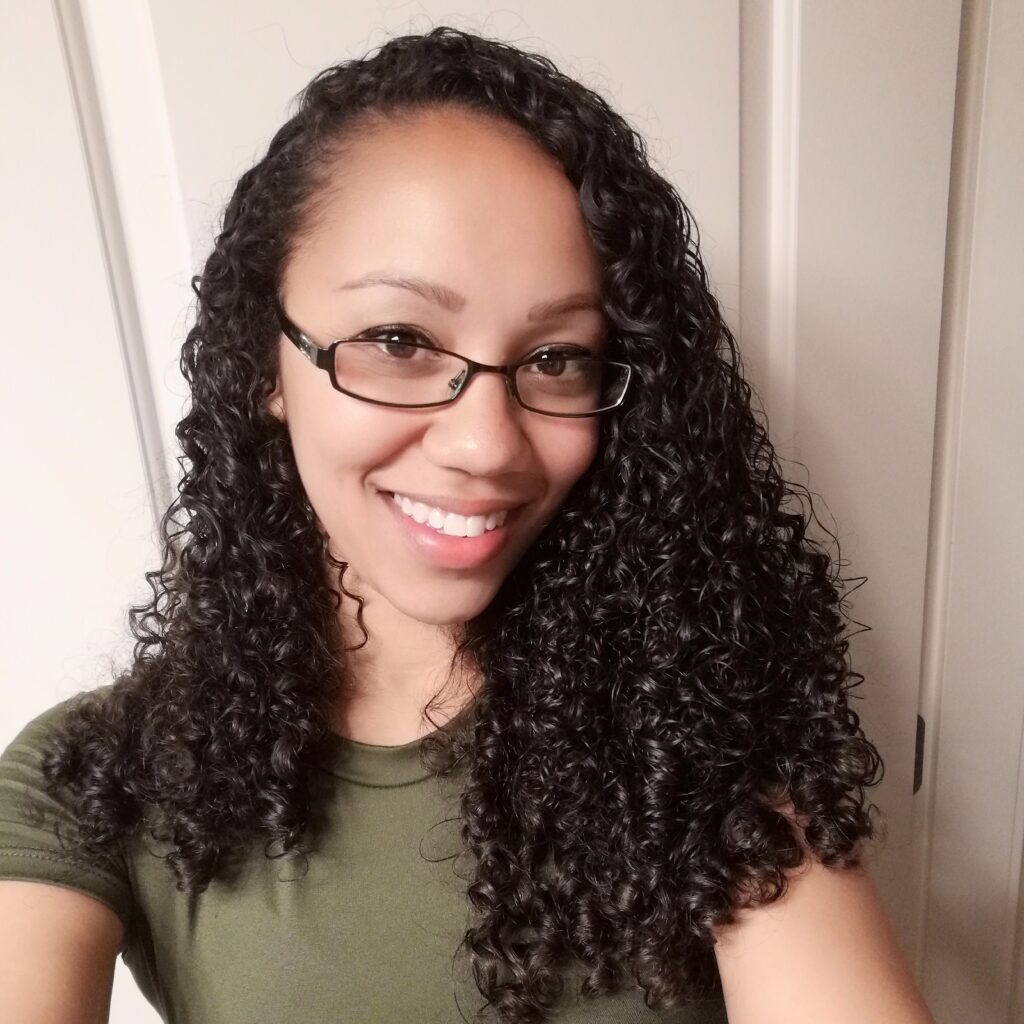
Alisha Parker, Supervisor, Retail Lending Operations (she/her/hers): “My father is a Black Caribbean man who was born in Barbados and came to Canada in his late 20’s hoping to build a better life for himself and his children. My mom, a Caucasian-born woman, was raised here in Canada as were her parents. My parents faced a lot of racism and harassment for being an interracial couple. I was born in Canada and always felt I was ‘different,’ being biracial. I didn’t look like my mother and I would often be reminded of that in my daily life. School kids used to tell me to go home and wash my skin because it was ‘dirty;’ they would tell me that I was adopted, and call me racial slurs. I have lived my entire life facing racism, micro-aggressions, discrimination, and biases.”
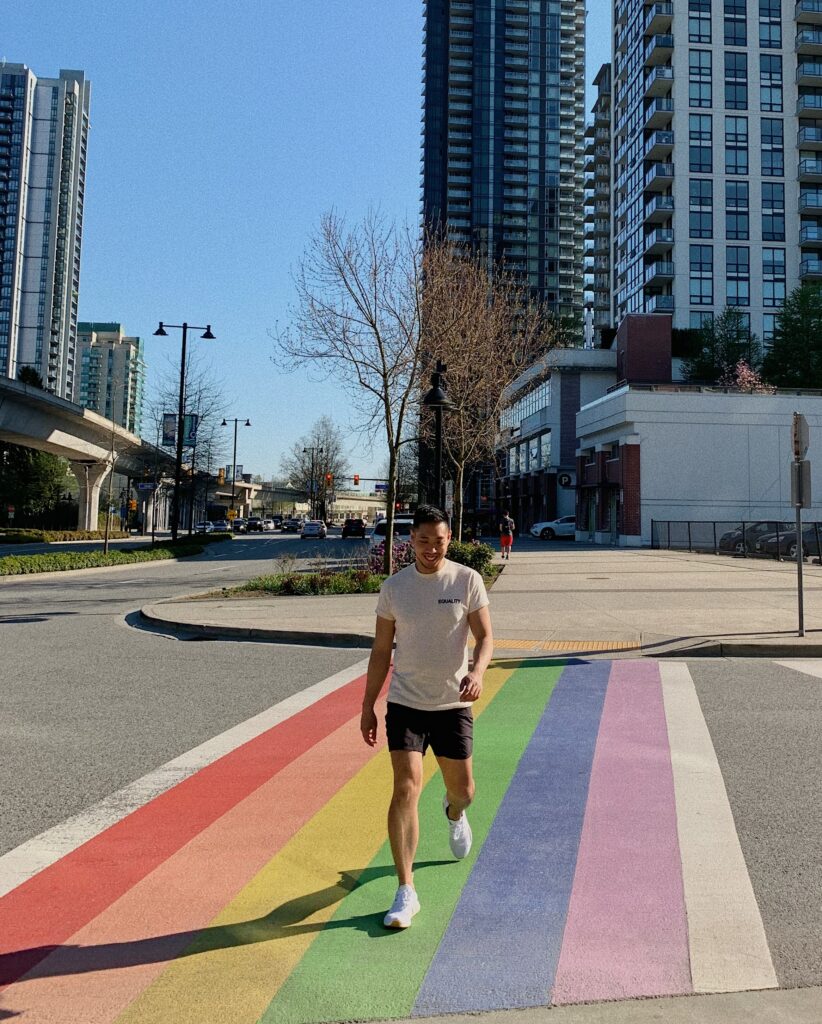
TJ Delegencia, Equity, Diversity & Inclusion Coordinator (he/him/his): “As a Vancouver-born and raised, Chinese-Filipino Asian-Canadian, I’ve also lived in the Philippines in my earlier years. I had a unique and sheltered experience living in Asia, whereas my time in Canada was very different. I always felt like I was in-between cultures, and struggled to identify where I fit in. I was either embarrassed that I was ‘not Asian enough,’ in Asia, or felt ‘very Asian’ in Canada. My ‘Asian-ness’ became very apparent when I moved back to Canada, and it was also in Canada where I was first exposed to the effects of racism. It made me aware of my own biases and privileges as an Asian Canadian man being granted and unlocked opportunities as a Canadian-born citizen.”
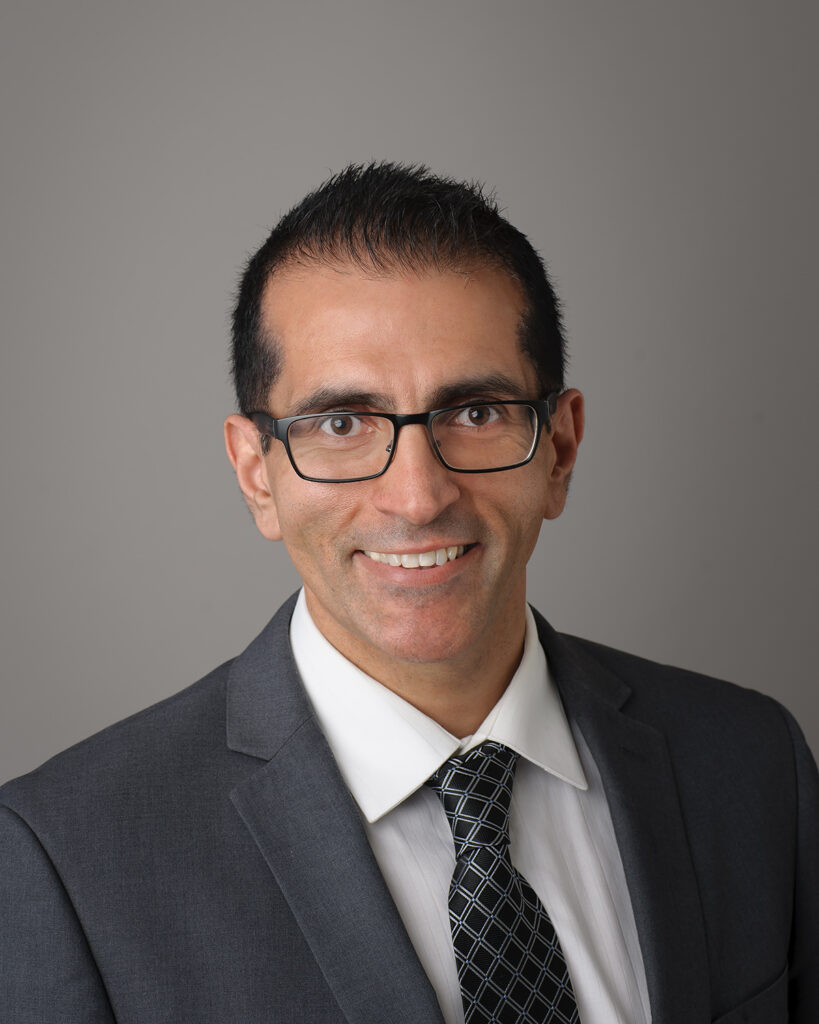
Hardeep Mahil, Senior Vice President, Retail Lending, Mobile Banking and Wealth (he/him/his): “My experience with racism began at childhood, living in a small community, and was intensified through sports. But my specific experience pertains to feeling limited by my race within the workplace over 25 years ago. At the time, I thought my glass ceiling was going to be ‘making it to Branch Manager.’ Why did I feel that way? Because no South Asian man or woman had yet made it beyond that title here at Coast Capital. As an entry-level employee, there was no one I could look up in a senior role at that time that shared my background.”
Fast-forwarding to today, can you tell us a little bit about how your experience has evolved, and what still needs to change?
Alisha Parker: “Racism is still pervasive today. Black, Indigenous, and people of colour face systemic racism and oppression within the workplace, healthcare, education systems, and more—and the physical and mental abuse we receive, alongside the mental health issues we continue to experience, are a threat to our lives. The murder of George Floyd deeply impacted me and helped me lean into my voice and the activism that I had for so long kept hidden out of fear. Now, that fear has shifted to the idea of what it means for me if I don’t use my voice.”
TJ Delegencia: “Due to the lack of representation and stereotypes imposed on many of us Asians, I used to fear that I may not succeed, but I learned in my own time that this identity is what made me who I am. It also fueled my personal and professional commitment to equity, diversity, and inclusion and the anti-racist work I do today. With time, I started to embrace the power of my identities through further education, and use what I’d learned within my own context to think about where I could create impact. It really starts with being aware of who we are today and identifying our own positionalities in our spaces, being aware of our privileges and biases, and bringing that to the discussion. Emotional resiliency is key throughout the entire process.”
Hardeep Mahil: “I often say that I never would have believed that I’d have the opportunity to become a senior manager, director, or even a vice president one day. I felt this way because organizations simply didn’t (and in many ways, still don’t) hold the same level of diversity in senior roles as they do in entry-level roles. This is something that needs to change. I want my children to grow up trusting that they can achieve anything and that they won’t encounter barriers to success based on their race or ethnicity. Racial minorities and women remain underrepresented at every level in our country today, and this disparity is even greater within senior levels of leadership. On the other hand, organizations want to change and are taking courageous steps to hold themselves accountable and move in the right direction, even if it can feel like progress is slow sometimes. That is why it’s integral that organizations nurture an adaptable environment of testing, iterating, and holding themselves accountable when it comes to developing and attaining equity, diversity and inclusion goals.”
Based on your unique experience, what advice can you offer people and organizations looking to start on a journey of allyship and become anti-racist?
Alisha Parker: “For those looking for a place to start, or for those wanting to take actionable steps, here are my encouragements: look within yourselves, your families, and your friends and identify where you or others hold biases, discrimination, or racism. You can then think about whether they are learned, taught, adopted consciously, and/ or unconsciously. Then challenge that way of thinking.”
TJ Delegencia: “As a Chinese-Filipino second-generation Asian Canadian and gay man, I believe that everyone deserves to live in a happy and healthy society where they experience psychological safety and can show up as their full selves in every space they step into. Committing to dismantling racism is lifelong work. It is integral that we continue to be an ally, have open discussions about race and racism, remain educated, and amplify stories and voices of Indigenous, Black, and people of colour.”
Hardeep Mahil: “Within the workplace, people need to be courageous when addressing these issues. Simply by speaking up and having uncomfortable conversations, we can begin to consider biases, challenge ideas, and form new and better ways to move our businesses and communities forward.”
Coast Capital has long been committed to inclusion and championing people. As a proud Certified B Corporation, we are part of a community of leaders building a more just and inclusive economy to create opportunities for people of all backgrounds, lived experiences, and worldviews. Many Canadians continue to face economic and social barriers, and these inequities disproportionately impact women, Indigenous, Black, and People of Colour, LGBTQ2S+, as well as people with disabilities. Leveraging our roots and expertise, we have a key role to play in addressing systemic inequities and unlocking financial opportunities so that no person or community is left behind.
Learn more about our journey to build a more inclusive future.
